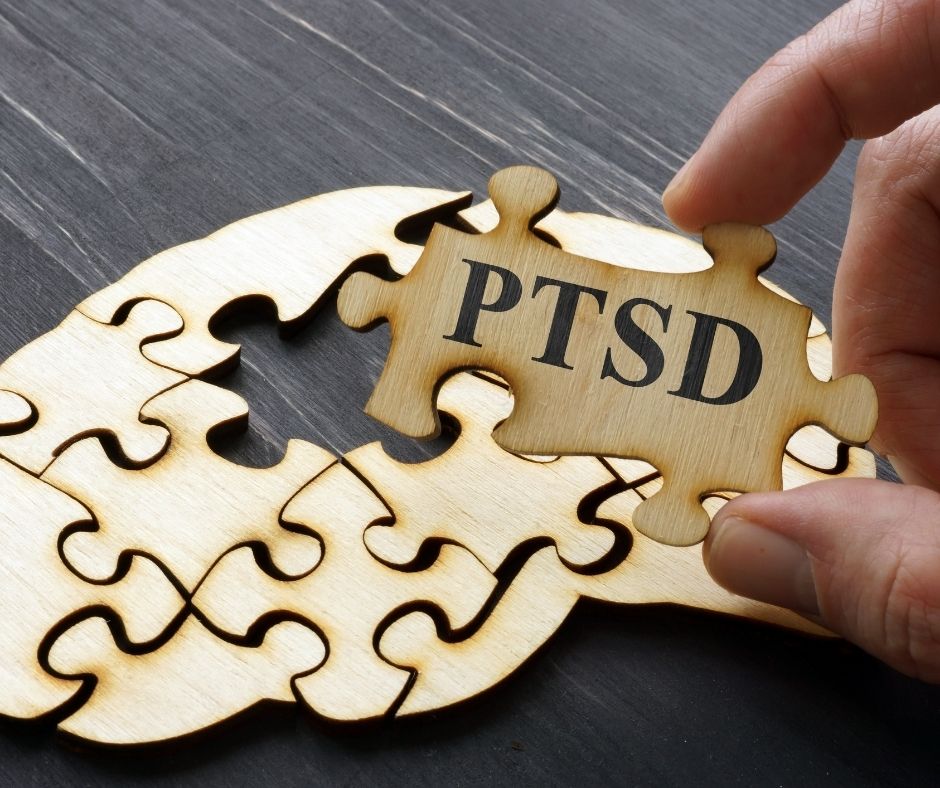Mentally Dealing with PTSD After a Major Medical Issue
Have you ever had a sudden heart attack that you had to be rushed to the ICU? Or have you ever been involved in a horrifying accident that you barely survived? These incidents caused some damage to the brain resulting in sudden freight. The damages are typical for such circumstances. But the trauma left by these incidents is considered a medical condition.
Participating in social activities or daily tasks will be challenging in the early stages. You’ll feel less motivated to go to work, or school, or anything that causes flashbacks from trauma. You begin to fall back to an isolation zone. These incidents may go on for a few months. But if you’re still experiencing these emotions after many months, you may have PTSD.
PTSD is an acronym for post-traumatic stress disorder, a mental health condition experienced by some victims involved in a life-threatening situation such as shock, ICD, heart attack, natural disasters, accidents, or sexual violence. This behavior is hard on the victim and the family. If a family member, friend, or relative is experiencing PTSD, it may directly or indirectly affect close relations. This condition causes victims to act abnormally to some things like nightmares or social events. Most patients become scared to come out, walk on the street or even avoid loved ones.
Reactions to trauma
Each family member reacts differently to a traumatic patient or event. These strange behaviors can result in misunderstandings in communication and other problems. However, you can understand each other by observing some reactions and how they affect the family and the life of who you’re helping to cope. Here are some common behaviors to observe after a traumatic event.
- Physical symptoms – include headache, nausea, stomach ache, insomnia, changed appetite, sweating and trembling, or aggravating pre-existing medical conditions.
- Behavioral effect- withdrawal from social events, schools, works, may start using alcohol or drug as a way out, restlessness, not motivated about anything, and increased aggressiveness.
- Strong feelings – include anger, stress, anxiety, sadness, guilt, or loneliness.
- Affect thinking- unable to make the right decisions or think correctly. Thoughts are usually unclear, repeated thoughts of the incident, flashbacks to past tragedies, and negative thoughts.
These are some weird behaviors you’ll be experiencing, but on the bright side, many families have experienced stronger bonds from such situations. However, it is best to consult a professional to help the family through the struggle.
It is important to know that behavior varies for victims and family members. However, some behaviors may be agitating and cause a crash, leading to separation in the family. These times can be confusing; it is beneficial to allow a person to have a personal space to carry out their grief. Learning to observe and adapt to every one’s behavior is the first step to maintaining peace and love in the family.
[button link=”https://fourthdimensioncounseling.com/contact-seattle-tacoma-kirkland-wa/” type=”big” color=”silver”] Schedule a Consultation Today[/button]
More Advice:
- Do I Need to See a Counselor for Love Addiction?
- Simple Ways to Reduce Stress
- Sex Victims Can Experience PTSD
- Emotions and How to Process Them
- Sex Addiction Counseling
- How Do I Know it’s Time to Get professional Counseling?
- How to Heal from Betrayal Trauma
- What is PTSD?
- The Mental Health Effects of Sexual Abuse
- The 4 Types of Intimacy
- 5 Ways to Reduce Stress
- What is Co-Dependency?
- How Same-Sex Couples Counseling is Different
- 17 Effective Natural Remedies for Anxiety
- How to Know it’s Time to Get Mental Help
- Neurological Rehabilitation in Vision Park – External
